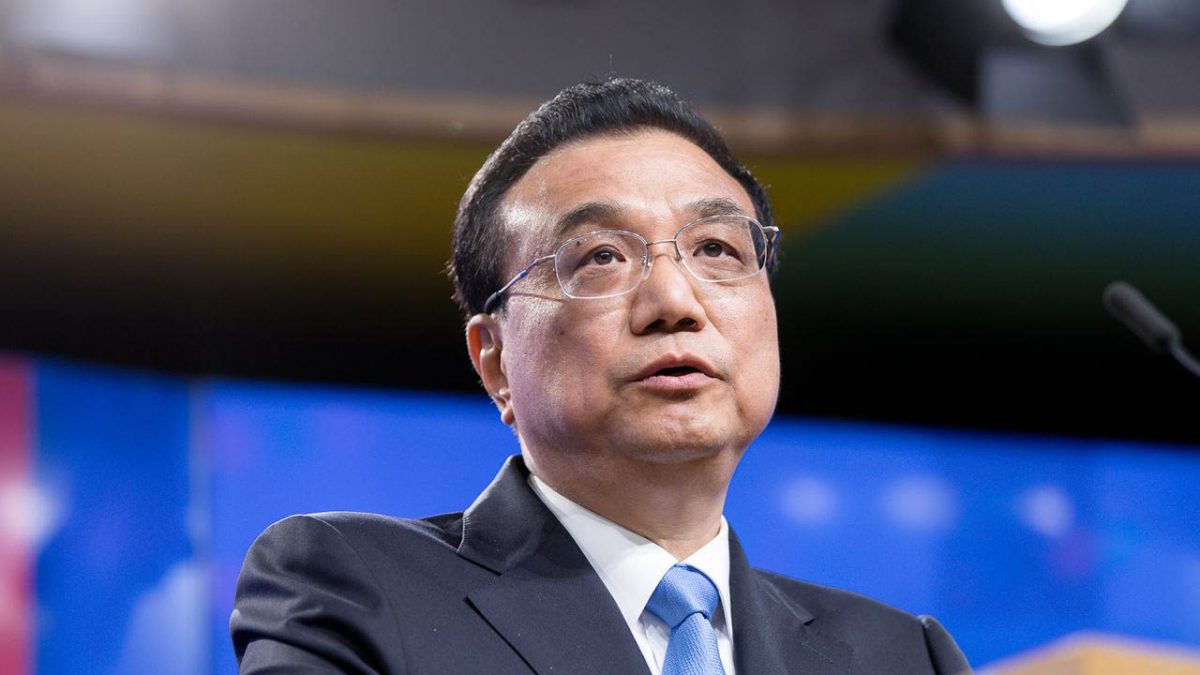BEIJING, (Reuters) – Chinese former Premier Li Keqiang died of a heart attack on Friday, just 10 months after retiring from a decade in office during which his reformist star had dimmed. He was 68.
Once viewed as a top Communist Party leadership contender, Li was sidelined in recent years by President Xi Jinping, who tightened his grip on power and steered the world’s second-largest economy in a more statist direction.
The elite economist supported a more open market economy, advocating supply-side reforms in an approach dubbed “Likonomics” that was never fully implemented.
Ultimately, he had to bend to Xi’s preference for more state control, and his former power base waned in influence as Xi installed his own acolytes to powerful positions.
“Comrade Li Keqiang, while resting in Shanghai in recent days, experienced a sudden heart attack on Oct. 26 and after all-out efforts to revive him failed, died in Shanghai at ten minutes past midnight on Oct. 27,” state broadcaster CCTV reported.
Chinese social media experienced an outpouring of grief and shock, with some government websites going black-and-white in an official sign of mourning. The Weibo microblogging platform turned its “like” button into a “mourn” icon in the shape of a chrysanthemum.
Li was premier and head of China’s cabinet under Xi for a decade until stepping down from all political positions in March.
Laying a wreath in August 2022 at a statue of Deng Xiaoping – the leader who brought transformational reform to China’s economy – Li vowed: “Reform and opening up will not stop. The Yangtze and Yellow River will not reverse course.”
Video clips of the speech, which went viral but were later censored from Chinese social media, were widely viewed as a coded criticism of Xi’s policies.
Li sparked debate on poverty and income inequality in 2020, saying 600 million people in the increasingly rich nation earned less than $140 per month.
Some Chinese intellectuals and members of the liberal elite expressed shock and dismay on a semi-private WeChat channel at the passing of a beacon of China’s liberal economic reform, with some saying it signalled the end of an era.
“Li will probably be remembered as an advocate for the freer market and for the have-nots,” said Wen-Ti Sung, a political scientist at Australian National University. “But most of all, he will be remembered for what could have been.”
Alfred Wu, associate professor at the Lee Kuan Yew School of Public Policy in Singapore, said, “All these types of people no longer exist anymore in Chinese politics.”
Li was less influential than his immediate predecessors as premier, Zhu Rongji and Wen Jiabao, Wu said. “He was sidelined, but what more could he have done? It was very hard for him, with the constraints he faced under Xi.”
Adam Ni, an independent China political analyst, described Li as “a premier who stood powerless as China took a sharp turn away from reform and opening”.
A glowing 2014 state media profile of Li, praising him as “a calm and tough wall-breaker”, went viral shortly after his death was announced. It emphasised his hard work and tenacity in pushing for economic reforms.
Li’s frequent visits to disaster sites and his easy camaraderie when speaking to ordinary people were also highlighted on Chinese state media.
Some social media users mentioned a song called “Sorry it wasn’t you”, a veiled reference to Xi. The song went viral around the death of former President Jiang Zemin in November last year before being censored.









